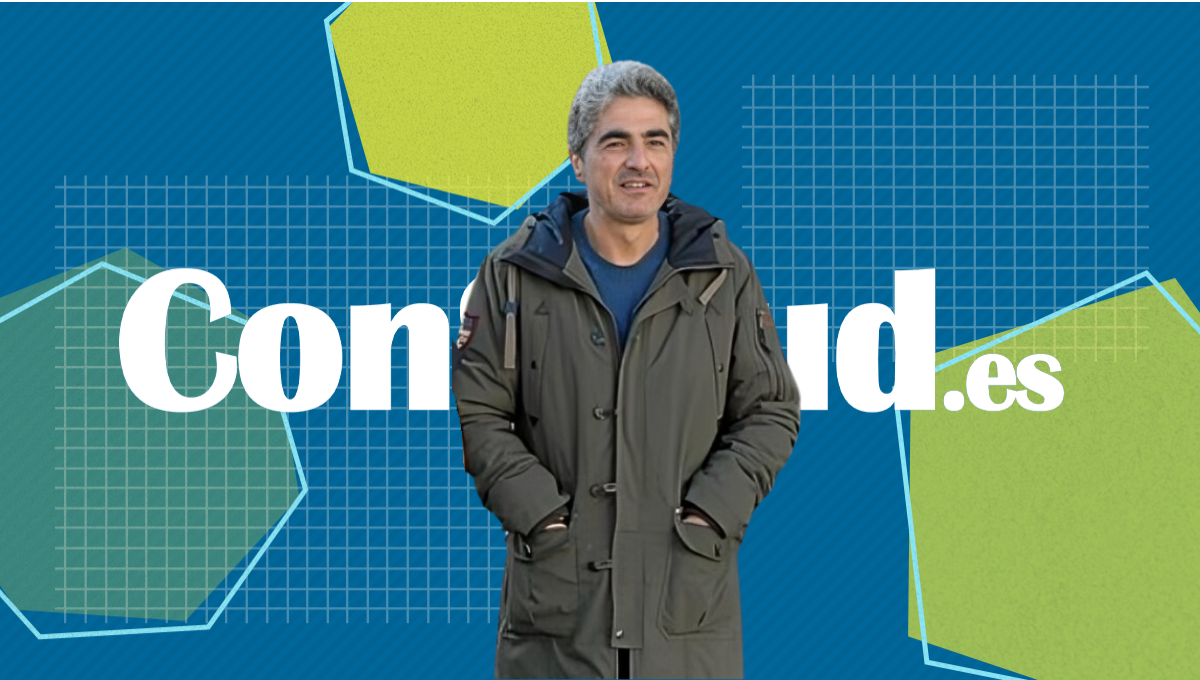This Wednesday the second meeting of the Basque Health Pact took place in San Sebastián, chaired by the counselor Alberto Martinezin which all those involved have had the opportunity to analyze the x-ray presented on the Basque Health Service and present their own proposals. Based on all of them, the meeting has served to prepare a document as a synthesis of all the contributions. Likewise, all the agents involved have been summoned to a new meeting next October 30 in Vitoriawhere the first diagnostic phase is expected to be completed.
One of the organizations that has debuted at the table during this day has been the union ESKwhose delegate in Osakidetza, Patxi Nicolauclarified to ConSalud.es that in the first meeting the health officials “apologized for not having been able to invite us, alleging capacity problems, but for this second we have already been officially summoned.” An absence in the first meeting on September 5 that, at the time, did not please the union organization, given that “one more chair fits anywhere.”
“We have conveyed from ESK that, as this is our first participation, we were only briefly aware of the agreements discussed in the previous meeting, so the contributions we want to make will come later”
Aside from this, Nicolau explains that in this Wednesday’s session in Donosti the technical secretary and coordinator of the Pact, Javier Meanahas been in charge of “synthesizing all those contributions made” by the rest of the associations in the current diagnosis of the Basque Health Service-Osakidetza. “For our part, we have conveyed from ESK that, as this is our first participation, we were only briefly aware of the agreements discussed in the previous meeting, so the contributions we want to make will come later,” he indicates.
In the first instance, the union delegate admits that he is “concerned” about the very name of this initiative -Basque Health Pact-, since we would prefer that the focus be placed on strengthening public health: “We would rather call it Pact for Basque Public Health“On the other hand, ESK shows some suspicion about the fact that the situation analysis of the Euskadi health system has not reached the agents involved before and “was presented on paper this very day”, which implies a ” “difficulty” for some organizations when it comes to ending the diagnostic process without “a more detailed analysis and a more methodical reading” before being able to move on to a new phase.
“We understand that at this Pact table there is a collaborative interest, above all, on the part of the people and associations that are on it”
Based on this, the Department of Health has been forced to finally enable a deadline to collect new contributions before Friday of next week, with a view to the next meeting on October 30. “We understand that at this Pact table there is a collaborative interest, above all, on the part of the people and associations that are on it,” Nicolau congratulates, although he also observes a “excessive haste” by the Minister of Health for reaching the agreement and “closing the table.”
“It would be interesting not to stop there, and later promote some space similar to a monitoring committee of the Basque Health Pact”
In this sense, the union official “understands” that “it cannot be a permanently open table during the entire legislature”, but, at the same time, he calls for being aware that “fifteen years of neglect in Osakidetza cannot now be fixed in four months.” Therefore, he understands that the concord project must be based on a “calm debate” that allows us to collect once and for all the different sensitivities and problems that surround Basque public health.
On the other hand, from ESK they call not to stop at the entry into force of the Pact, planned by the Basque Executive to March 2025but to ensure that the roadmap is continued and the results obtained from all the agreed strategies are analyzed. “It would be interesting not to stop there, and later promote some space similar to a monitoring committee of the Basque Health Pact,” he proposes.
PARTICIPATION OF THE PLATFORMS
The platforms in defense of public health were present at the entrance to the meeting, upset at not having been invited to a project as important as the Basque Health Pact. In response to this discomfort, counselor Alberto Martínez has announced that “the platforms that want will be able to have bilateral meetings to be able to convey their messages.” An extreme that for Nicolau does not seem enough, given that these are platforms that “do exceptional work in defense of public health” and should undoubtedly take part at the table.
Along these lines, the person in charge at ESK “does not deny the value of bilaterality”, but remembers that “the original spirit of the Basque Health Pact spoke of a participatory process“. In this context, he values as positive the presence in the agreement of “as many sensitivities and actors in the field of health as possible”, especially in these early phases of “detecting improvements and agreeing on strategies.” “The ideal is that we can debate between everyone at the dialogue table and not simply for the counselor to collect his analysis,” concludes Patxi Nicolau.
ConSalud’s content is prepared by journalists specialized in health and endorsed by a committee of top-level experts. However, we recommend that the reader consult any health-related questions with a healthcare professional.
